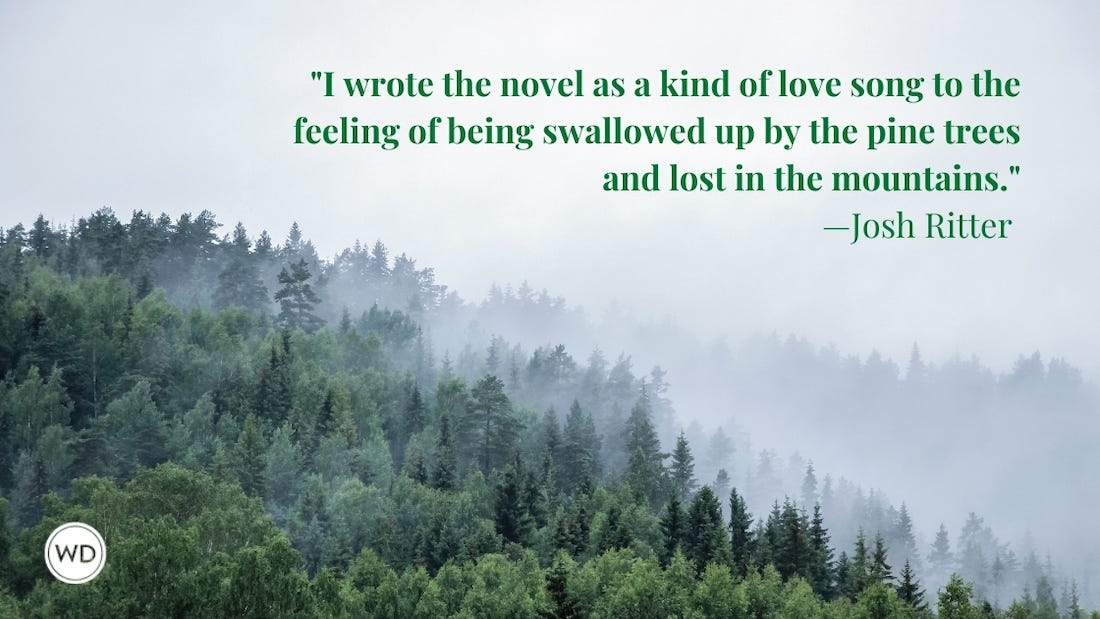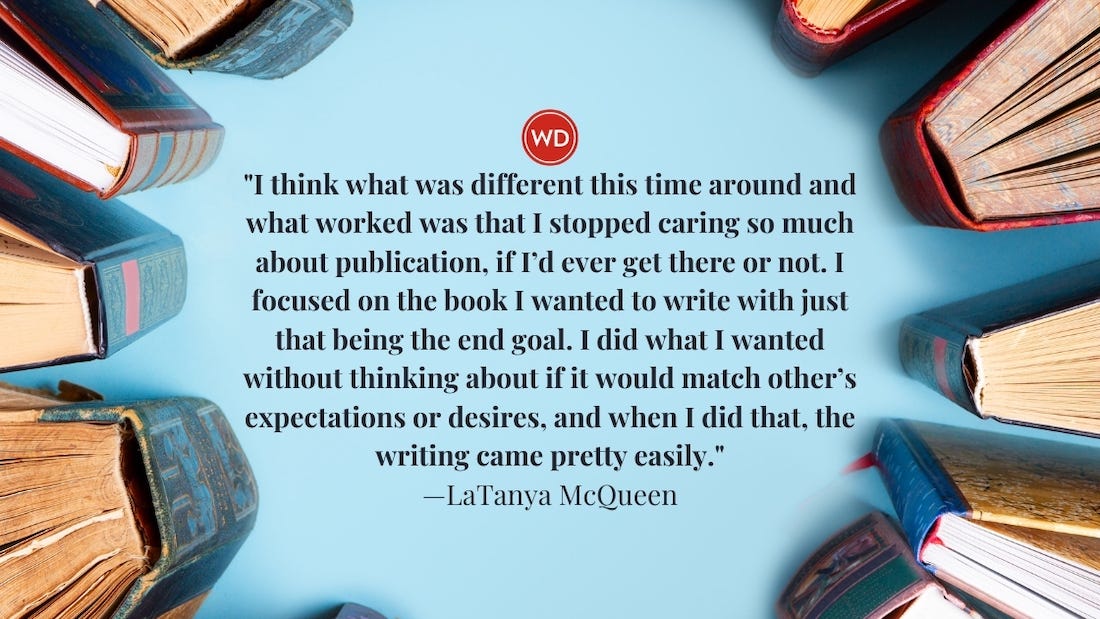Alexandra Styron: A Fiction Legacy
Alexandra Styron, author of All the Finest Girls, daughter of Pulitzer Prize-winning author William Styron and accomplished poet, Rose Styron, talks with Writer’s Digest about how writing a book takes conviction, strength of character and an inner belief in your abilitieseven if your last name is Styron.
Most literary debuts are relatively quiet affairs. But when your father has a Pulitzer and your mother is an accomplished poet, a low-key entrance into the publishing world isn't very likely.
Thus, it's with an enviable flair, usually reserved for the most established writers, that Alexandra Styron marked the publication of her first book, a novel titled All the Finest Girls (Little, Brown & Co., June 2001). But as the 34-year-old emerges from the shadowing achievements of parents William—author of Sophie's Choice, The Confessions of Nat Turner and Darkness Visible—and Rose Styron, she acknowledges the attention for what it is: a hook that may pull in more publicity and readers, and an open invitation for critical comparison to one of the most esteemed writers of the past century.
"I feel very much aware of the weight of my parents' legacy," she says. "I recognize that more eyes will be on me because of it. And more eyes will be on me from a potentially more critical point of view because of it. And that's a big obstacle to climb.
"But, to be completely frank, I am not unconscious of the fact that it also gives me an advantage, and I hope I don't take that for granted."
Despite the substantial benefits that come with being a legacy to the literary inner circle, Styron's road to publication was filled with the same pressures that haunt so many other new writers.
At the age of 28, after spending a few years pursuing acting—she had bit parts in French Exit and Last Summer in the Hamptons—Styron says she "backed into being a writer." Though it was a profession—and lifestyle—she had "steadfastly avoided" after watching her father's arduous battles, Styron says she found the creative freedom in writing that she had longed for in acting. And so, armed with an imbued sense of passion and the shell of an idea, she enrolled in a creative writing program at Columbia University—a two-year tenure that guided her through the first half of her novel.
"I certainly didn't have even the outline of a full story when I started graduate school," she says. "I knew that it began with a girl going to an island in the Caribbean to attend the funeral of her nanny. And I knew that the process, the journey to the island, would include a journey back through her own history"—and a journey through Styron's history as well.
Though she weaves in universal coming-of-age themes like acceptance, forgiveness and the acknowledgement of one's future, the book is a blend of fiction and autobiographical fragments—a combination Styron says is necessary to produce strong fiction.
"I don't think you could find a fiction writer who could write a work of fiction of any value that wasn't autobiographical in some way," she says. "The feelings and the sensations that the characters have and express—for me at least—come from a deeply autobiographical place."
All the Finest Girls chronicles 32-year-old Addy Abraham's journey of self-discovery as she confronts her past—including a childhood riddled with heated parental disputes that only strengthened young Addy's relationship with her now-deceased nanny. The book also explores how such an intense bond between a child and an additional caregiver can create a lasting familial transformation—a subject with which Styron is quite familiar.
Though she stresses that little of the actual story is based on fact, the author says her own closeness to her childhood nanny—which she also explores in an essay in the May issue of Real Simple—"very much informed the writing of that part of the book."
While weaving emotional bits of her life into her fiction was difficult, it was only a small part of the writing process. Spending six months on her first 16 pages, Styron worked to create a trajectory for the rest of the narrative. And though she knew the direction in which she wanted her story to progress, she still had to contend with self-doubt, an age-old impasse that held constant as the days she spent honing her tale turned into weeks, and into months, and into years.
"I spent four years writing this book," she says. "That's four years of having people I'd meet say, 'And what do you do?' and having to look them in the eye and say, 'I'm a writer. I'm writing a novel.' And when someone asks, 'Who's publishing it?' and you have to say, 'Well, I haven't sold it yet,' it's very hard to continue to do it and to believe in yourself when you feel certain there's no reason someone else should believe in you."
Indeed, four years is a long time to spend alone inside a story no one else has validated. That's 1,460 days of dedication to a project that "has every possibility of complete failure." And it's during these uncertain times when the inner courage of a writer matters most.
"I think too many people rush out with a work that's half done because they want people to pat them on the back and make them feel it's OK," she says. "The great challenge is to trust yourself and stick with it by yourself for yourself until you've done all you can do."
Getting it done, in Styron's case, meant balancing a Caribbean dialect, flashbacks and intermittent snippets of italicized dialogue meant to express "dialogue that was essential in the ear of a little girl, though not officially recognized as the main focus." In addition to such technique-oriented challenges, Styron also struggled to stay motivated and faithful to the project because, as she puts it, "Writing fiction is so hard when nobody is waiting for you to finish."
Though no one may be waiting when those final words are written—and rewritten—perhaps there's an even greater reward to be found in the completion of a dream, if, as Styron proves, there first exists the courage of pursuit.
"I certainly had a lot of dark moments. ... I think the greatest challenge, for me at least, was working through those anxieties and apprehensions and just making the leap of faith that it was going to be OK and that when it was done, it might even be good."
This article appeared in the August 2001 issue of Writer's Digest.









